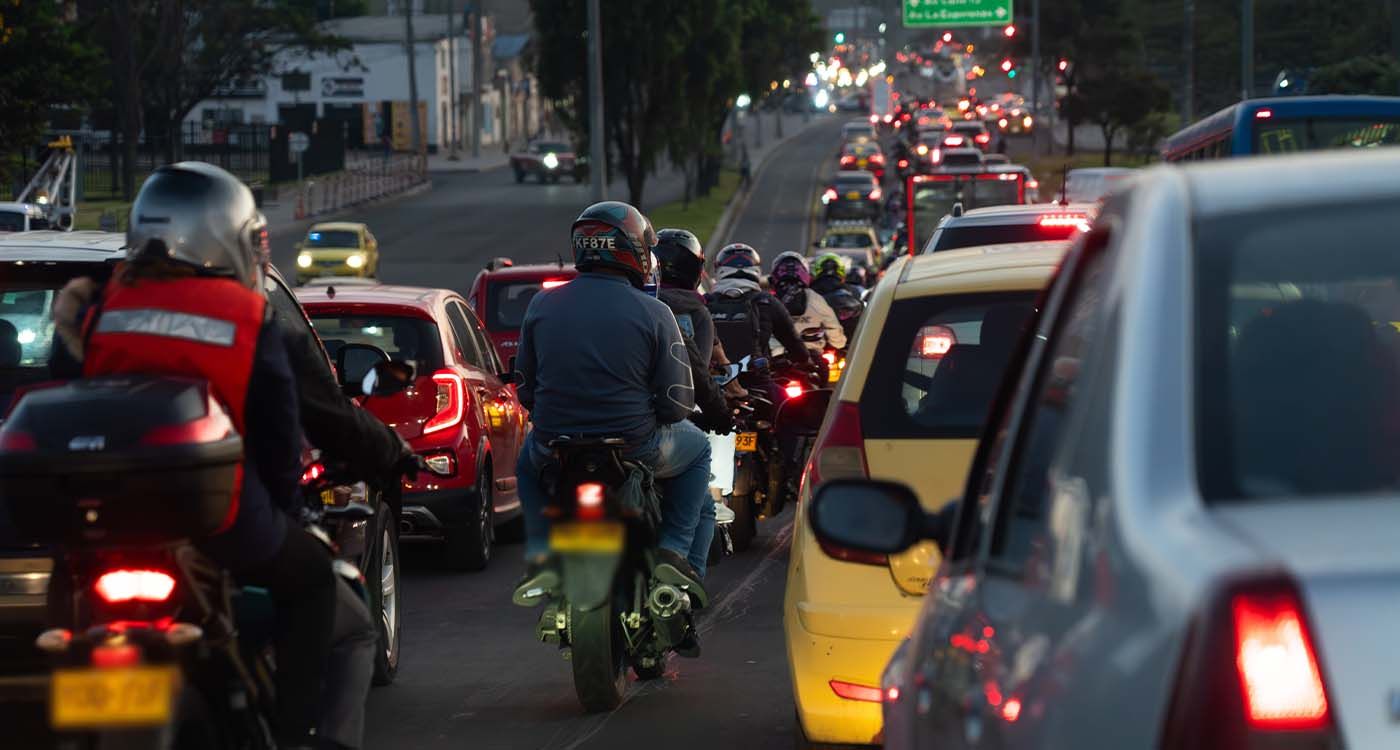
Since the 2019 crisis, motorcycles and scooters have flooded Lebanon’s roads, emerging as the cheaper transportation alternative amid financial collapse. Flexible, fuel-efficient and more affordable, they are now omnipresent, turning traffic into a mechanical anthill, often in total disregard of traffic laws. Yet, the government struggles to issue the required licenses, leaving riders stuck in a legal gray zone.
Lebanon’s economic collapse has pushed many to seek cheaper modes of transport than cars. Motorcycles and mopeds, consuming less fuel and offering greater flexibility, quickly became the go-to solution, spreading chaotically across the country’s roads.
Numbers speak for themselves: according to the Vehicle Registration Authority (known locally as La Mécanique) and research firm Information International, more than 50,000 units were imported in both 2023 and 2024. This surge is striking compared to 2021, when only 29,102 units entered the country, before rising to 47,077 in 2022. Between 2017 and 2022, a total of 177,388 were imported.
Still, these figures capture only part of the reality. A significant portion of motorcycles and mopeds remain unregistered, sources at La Mécanique confirm. While the real number of two-wheelers on the road is estimated at over 1.5 million, only 289,000 were officially registered in 2022, barely 20%.
“My sales have doubled since 2020,” says a scooter dealer, illustrating the boom.
The Licensing Paradox
Paradoxically, even as motorcycles and scooters multiply, the Lebanese government has not issued motorcycle licenses for nearly three years. Even before that, the procedure discouraged many applicants: proof of residence, certified photos, criminal record, medical report; many bureaucratic obstacles. As a result, thousands of riders drive without licenses and are exposed to both accidents and fines.
“I had to wait more than six months to get my license,” says Ahmad, a young rider. “In the meantime, I kept driving without one, because it was my only way to earn a living.” Administrative chaos thus compounds chaos on the roads.
Consequences are far-reaching: rising numbers of often serious accidents, widespread disregard for safety standards (helmets, lights, plates, traffic rules) and mounting challenges for traffic police, who must deal with a largely unregistered fleet without proper tools. The paradox is stark: the more motorcycles dominate Lebanon’s streets, the less capable official institutions appear to be in managing them.




Comments